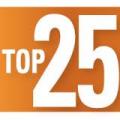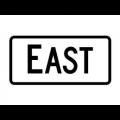District of Columbia (DC)
What you need to know about becoming a Pharmacy Technician in Washington DC. Including Washington DC licensing and training requirements, schools & colleges offering pharmacy technician programs and employment and salary trends for pharmacy techs in Washington DC.








